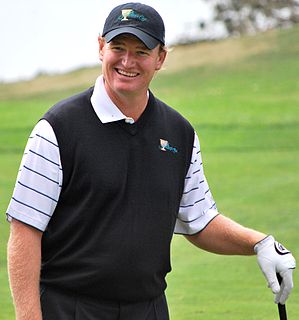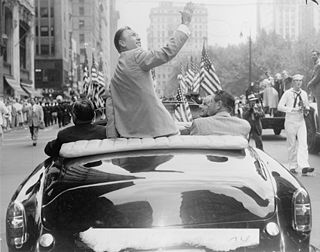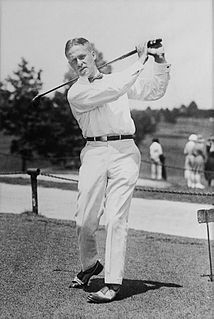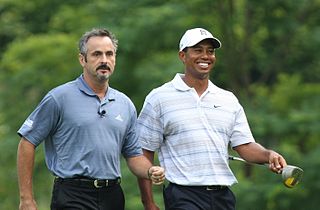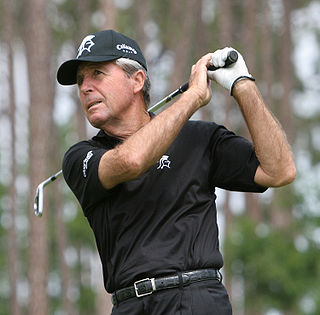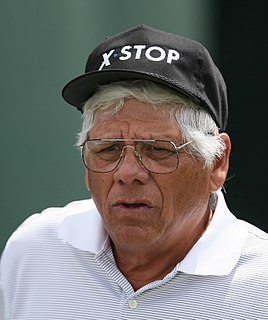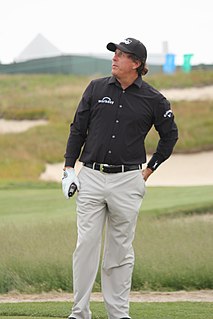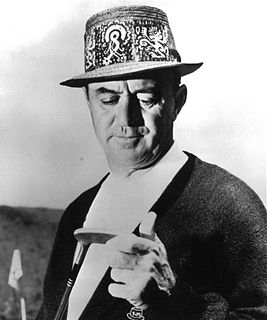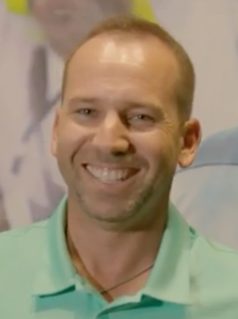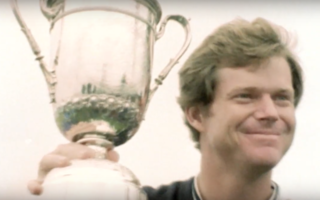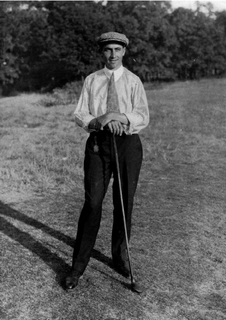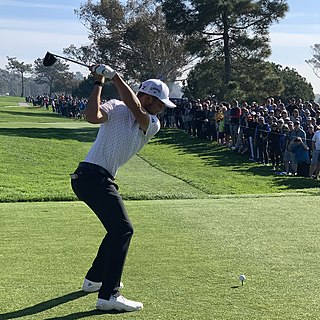Top 61 Quotes & Sayings by Ernie Els
Explore popular quotes and sayings by a South African golfer Ernie Els.
Last updated on April 14, 2025.
From a good lie in the middle of a fairway bunker, I'll make the same swing as I do from an average fairway lie. I'll dig my feet in slightly and keep my lower body stable so I won't slip, but I don't change my club selection or setup. It's only when the ball is sitting down in the sand that I'll make some modifications.
He's been a top player for the last 10 years, and we all work on our swings, we all change things. We keep working and then we're trying to get better, and sometimes you get worse trying to get better. You've just got to give it some time, be patient for it to turn around, and when it does turn around, you feel like you can start winning again.
